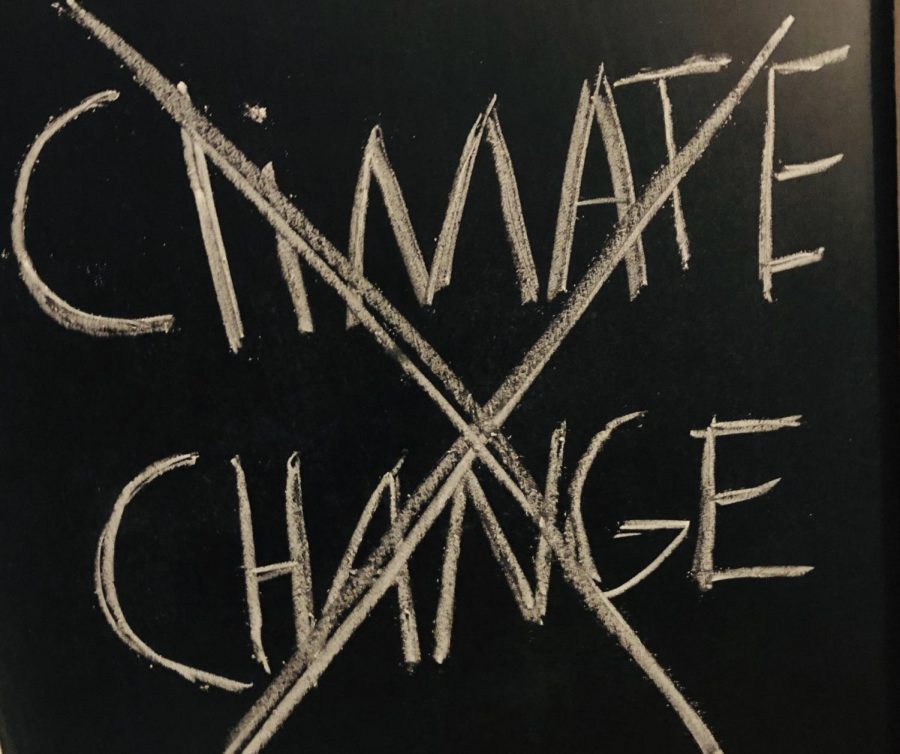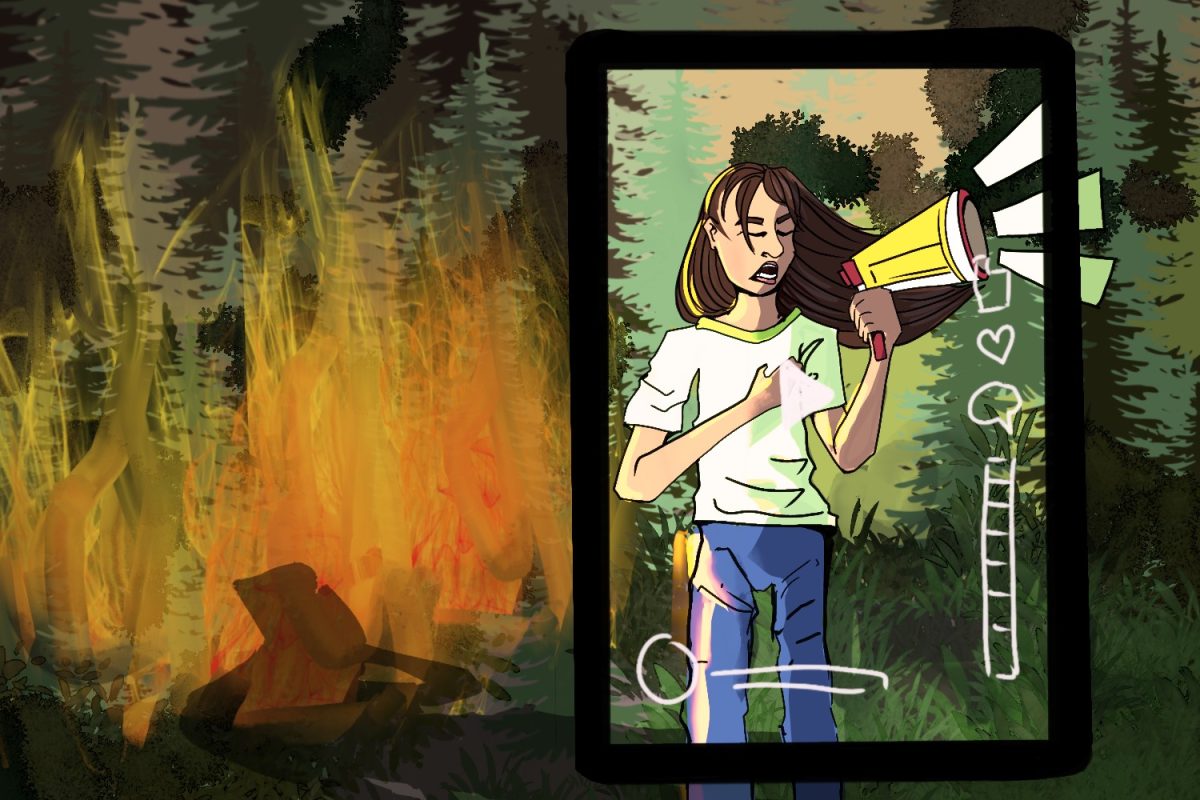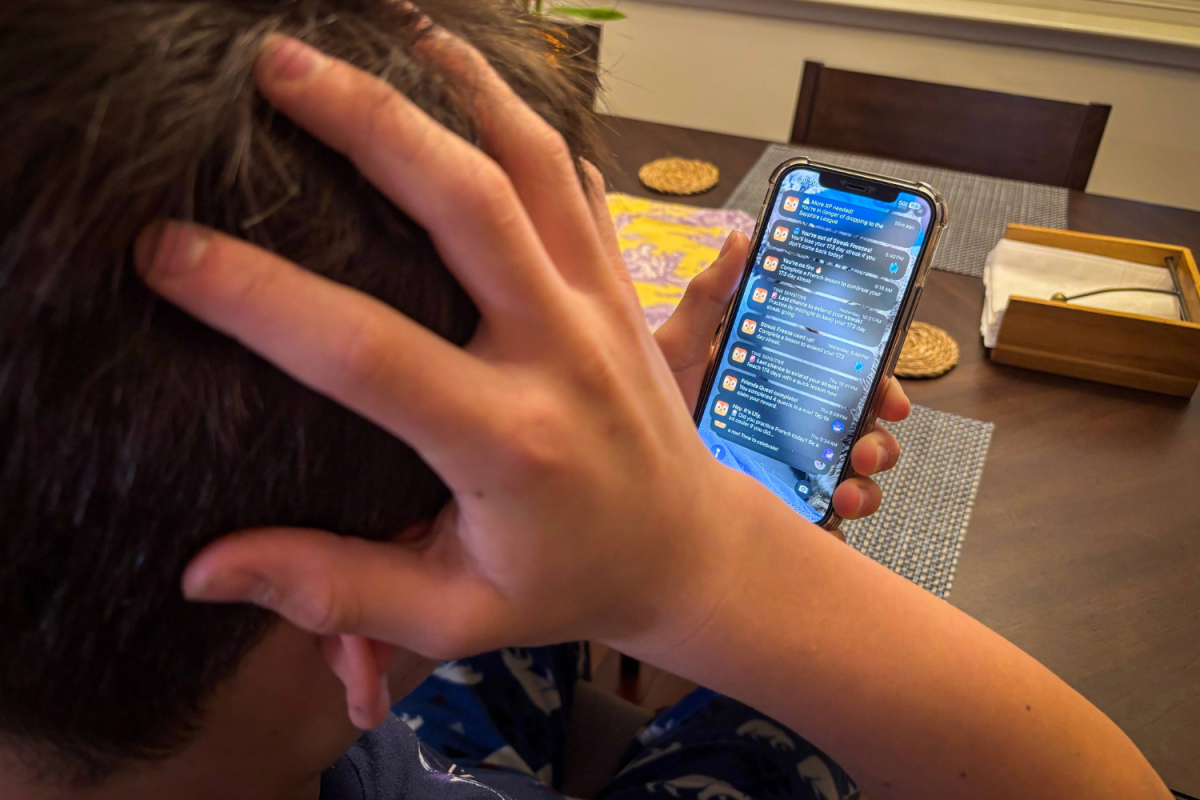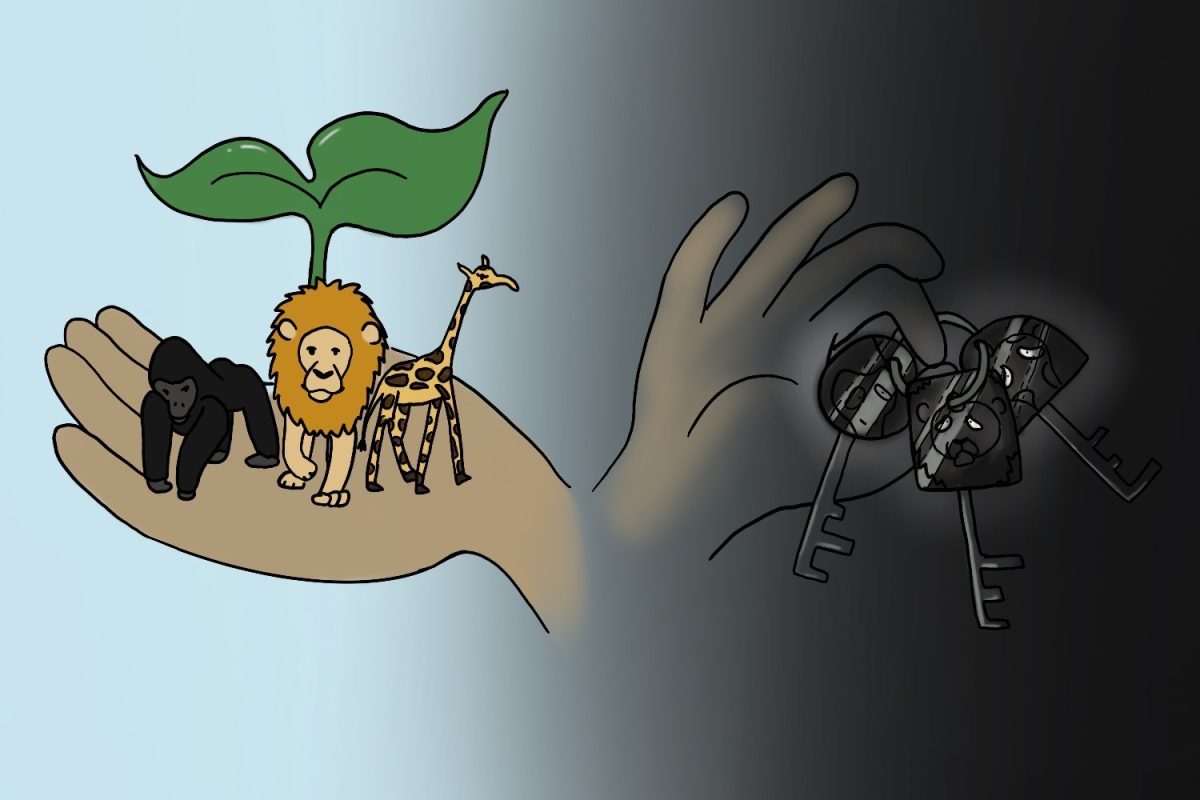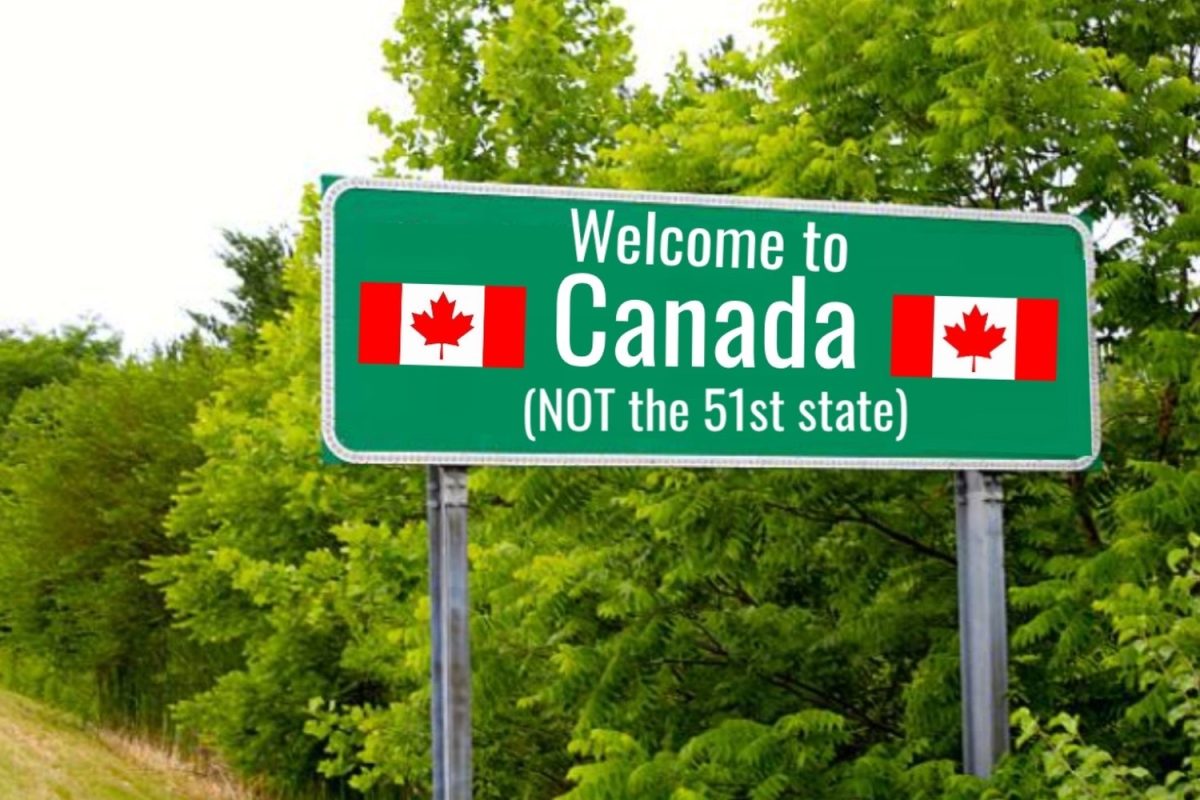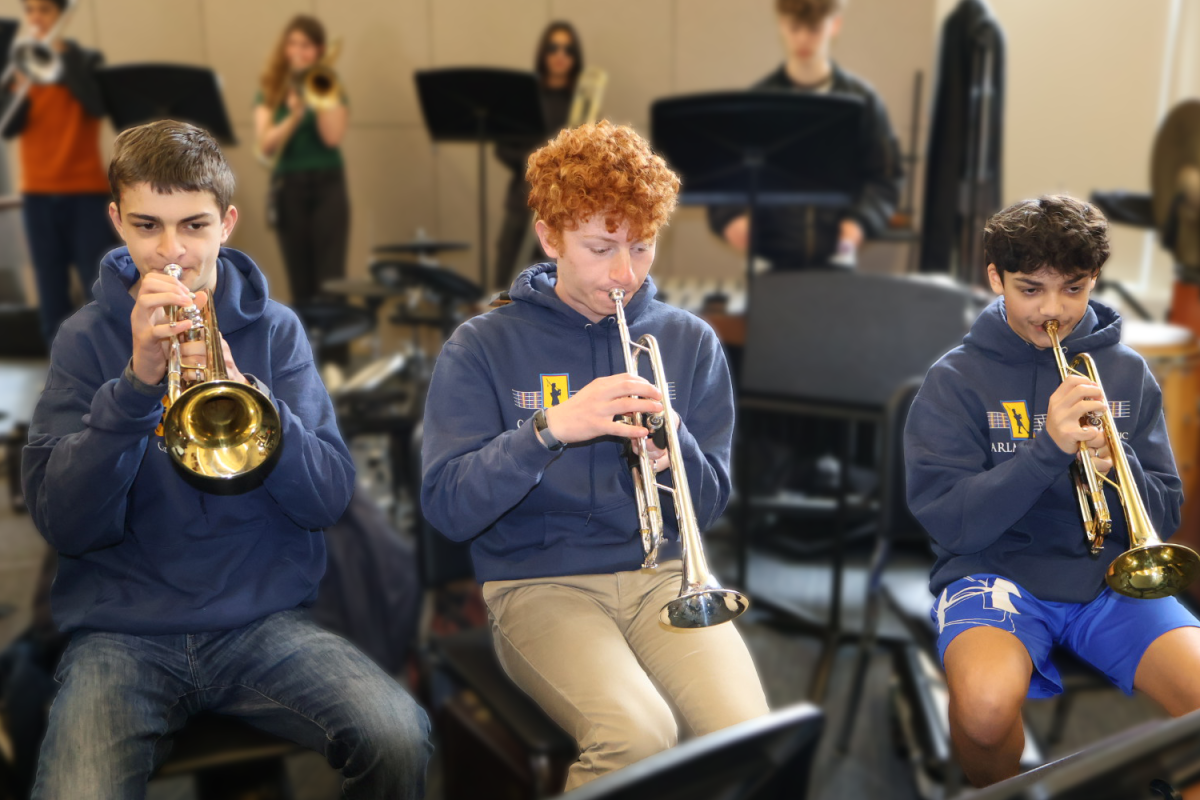Climate change is referred to as the fluctuating temperatures on the Earth’s surface and otherwise known as global warming, which doesn’t sound super harmful, but can have catastrophic effects.
The science classes that I have participated in have not formally addressed the topic of climate change. This topic has yet to be introduced to many schools even though it is relevant and present all around the world.
According to The Climate Reality Project, climate change creates air pollution, extreme weather changes like hurricanes and floods, and extreme heat that can overpower a human body.
Climate change is a life-threatening issue and will continue to grow in the future, which is why education on this topic is so crucial for youths. Science classes designed to incorporate practical lessons on global warming would help students (and teachers) understand the consequences of this real issue. It would also encourage a better behavior and attitude towards climate change.
The more people are exposed to climate change education, the more open they will be to taking steps towards creating a safer and healthier planet.
Students shouldn’t be the only ones concerned about climate change. Most insurance companies, emergency responders, military bases, and businesses are all well aware.
Students themselves should have an active role by learning about it today and perhaps choosing an occupation in which they tackle climate change in the future. After all, it is their generation that will suffer the most.
Many businesses and companies are calculating the financial impact they could face regarding climate change. The consequences such as extreme weather could disrupt a supply chain, and additional climate regulations could hurt the value of coal, oil, and gas investments.
This is why economic classes should focus on some aspects of climate change. The Earth warming could put an end to a lot of businesses. It is crucial to teach youths so that they can prepare for what is at stake, either in business or in a completely different field.
Most of the information that I learn about climate change does not come from a classroom but the media instead. It is shocking to me that helpful organizations like Climate Change Live dedicate their time to teach youths about climate change since many school systems do not.
Some may argue that the school system is already packed with lesson plans which prepare students for future science classes, and it would be challenging to incorporate another topic. It is still important to learn about fundamentals like physics, the periodic table of elements, and how the mitochondria is the powerhouse of the cell although sometimes the relevance is questionable.
Online classrooms about climate change are also a great way to learn about the crises. Many programs offer computer interaction with the students who partake in the classes. However, student participation in class has the best results and will be most effective for a better future.
In fact, Italy is one of the first countries to include climate change education, and the people are already seeing a brighter and healthier future.

